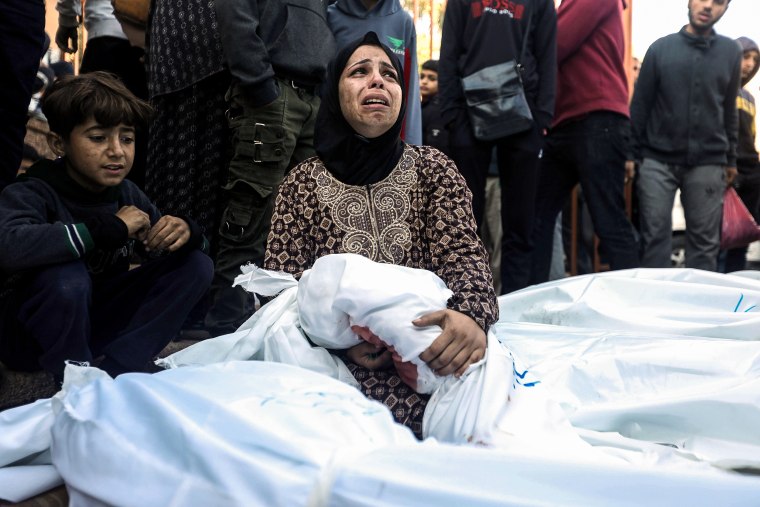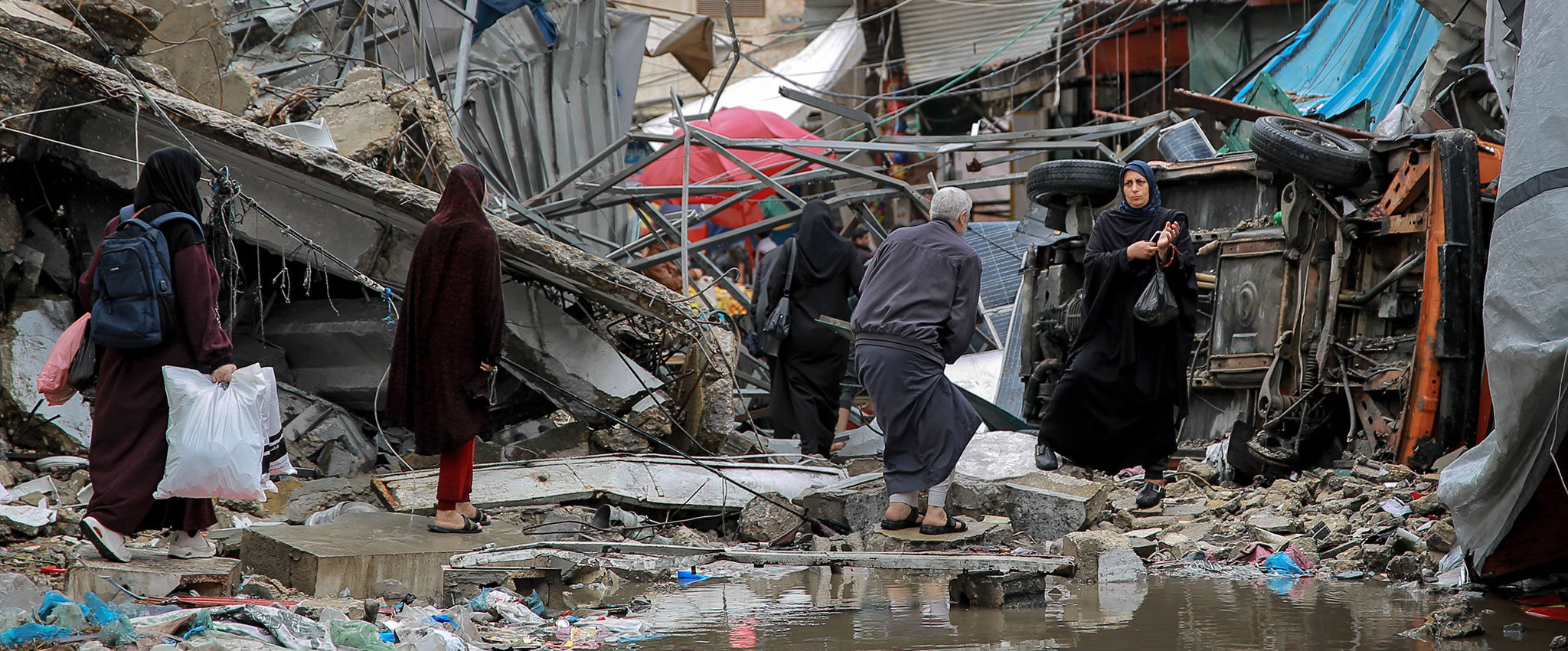McDonald’s Malaysia Sues Israel Boycott Movement For $1 Million In Damages
McDonald's Malaysia has recently filed a lawsuit against the Boycott, Divestment and Sanctions (BDS) Malaysia movement, seeking $1.31 million in damages for alleged false and defamatory statements that the fast-food giant claims have negatively impacted its business. In a predominantly Muslim country with a strong pro-Palestinian stance, the legal action sheds light on the intersection of geopolitics, corporate interests, and social activism, as Western fast-food brands face scrutiny over their perceived connections to Israel's military activities in Gaza. The lawsuit, brought forth by Gerbang Alaf Restaurants Sdn Bhd, McDonald's licensee in Malaysia, adds a new dimension to the ongoing global debate surrounding the BDS movement and its objectives.

McDonald’s Malaysia has taken legal action against a movement advocating for the boycott of Israel, asserting that the group’s “false and defamatory statements” have adversely affected its business. The fast-food giant is seeking damages totalling 6 million ringgit ($1.31 million).
Malaysia, a predominantly Muslim nation, strongly supports the Palestinians and, similar to other Muslim countries, has witnessed boycott campaigns targeting Western fast-food brands due to Israel’s military actions in Gaza.
Gerbang Alaf Restaurants Sdn Bhd, the licensee of McDonald’s in Malaysia, is suing the Boycott, Divestment and Sanctions (BDS) Malaysia movement.
The lawsuit is based on alleged social media posts connecting the fast-food chain, along with other companies, to Israel’s “genocidal war against Palestinians in Gaza.”
According to a writ of summons dated December 19, GAR claims that BDS Malaysia encouraged the public to boycott McDonald’s Malaysia, resulting in financial losses, job cuts, and other damages due to closures and reduced operating hours of its outlets.

McDonald’s Malaysia has confirmed the filing of the lawsuit against BDS Malaysia, emphasizing its commitment to protecting its “rights and interests” in a statement released on Friday.
In response, BDS Malaysia has firmly denied the defamation allegations against the fast-food company, stating that it will let the court handle the matter.
The overarching goal of the BDS movement is to eliminate international support for what it perceives as Israel’s “oppression of Palestinians” and to exert pressure on Israel to comply with international law.
Meanwhile, amid ongoing conflict between Israeli forces and Hamas, intense tank fire and aerial bombings targeted Khan Younis in the Gaza Strip following a reported death toll of nearly 200 people within a 24-hour span in Israel’s offensive against Hamas militants.
Israeli forces are strategically advancing in preparation for a potential further incursion into the primary southern city.
Defense Minister Yoav Gallant stated that troops were approaching Hamas command centers and arms depots; the military reported the destruction of a tunnel complex beneath the residence of Hamas leader Yahya Sinwar in Gaza City.
Twelve weeks since the initial Hamas militants’ attack on Israeli towns, resulting in casualties and hostages, Israeli forces continue their campaign to eliminate the Islamist group, causing extensive damage to much of the Gaza Strip.
The population of Gaza, numbering 2.3 million, has faced repeated displacement, seeking refuge in makeshift shelters, tents, and open spaces.
Health authorities in Gaza reported 187 Palestinians confirmed dead in the 24-hour period, bringing the overall toll to 21,507, approximately 1% of Gaza’s population.
A Palestinian journalist working for Al-Quds TV, along with some family members, was killed in an airstrike in the Nuseirat camp; Gaza’s government media office noted that 106 Palestinian journalists have been killed during the Israeli offensive.
The Committee to Protect Journalists (CPJ) raised concerns about the high journalist death toll, emphasizing an apparent pattern of Israeli military targeting of journalists and their families.

Despite international calls for de-escalation, the U.S. urging Israel to shift towards targeted operations against Hamas leaders, and South Africa seeking ICJ intervention, the conflict persists.
Israel maintains its position, attributing Palestinian suffering to alleged human shield tactics by Hamas and accusations of stealing humanitarian aid.
Israel Facilitates Vaccine Delivery In Gaza
In a move to address public health concerns, Israel announced on Friday that it played a facilitating role in delivering enough vaccines to inoculate nearly 1.4 million individuals against various diseases, including polio, tuberculosis, hepatitis, diphtheria, tetanus, whooping cough, and meningitis.
The coordinated transfer of vaccines was conducted in collaboration with UNICEF, as stated by COGAT, the defence ministry agency responsible for coordinating with Palestinians; the objective was to curb the potential spread of diseases within the Gaza enclave.

Gaza heavily relies on external sources for essential supplies such as food, fuel, and medical necessities, with Israel having restricted access to the southern region of the strip.
Despite international agencies stressing that the supplies passing through Israeli inspections fall short of Gaza’s requirements, last week, Israel responded to global pressure by opening a second crossing, claiming it would double the daily number of supply trucks to 200.
However, only 76 trucks managed to enter on Thursday, according to the United Nations, a significant contrast to the 500 during peacetime.
Responding to concerns, an Israeli government spokesperson stated on Friday that there are no limitations on humanitarian aid, emphasizing that the challenge lies in the distribution process within Gaza itself.




